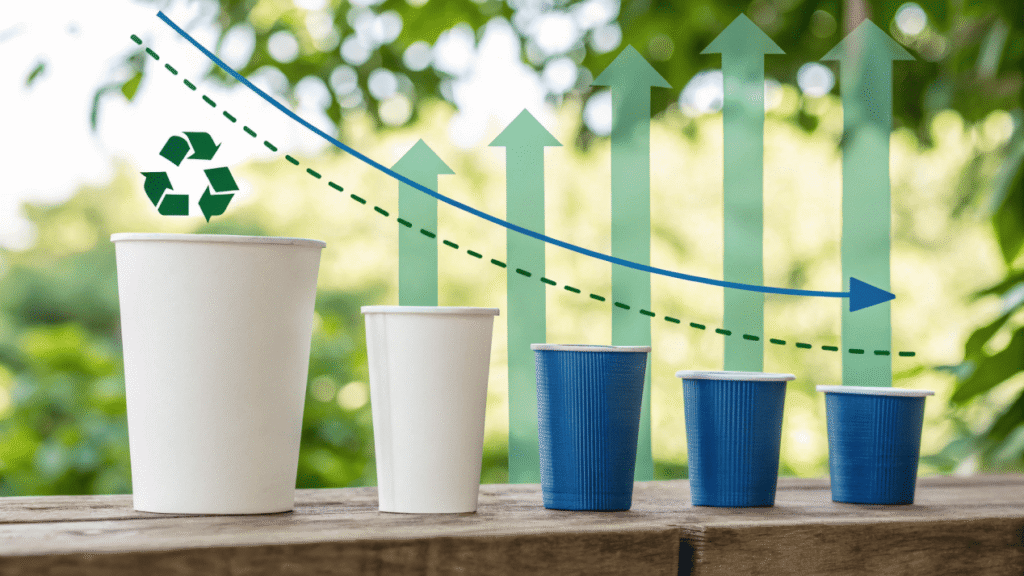You need to order thousands of cups, but you're worried about inconsistent quality, unreliable delivery, and high costs. This uncertainty threatens your business's growth and operational stability.
Master bulk buying by partnering directly with a manufacturer. This ensures a resilient supply chain, optimized packaging for transit, the lowest cost per unit, and better customization than any distributor can offer.
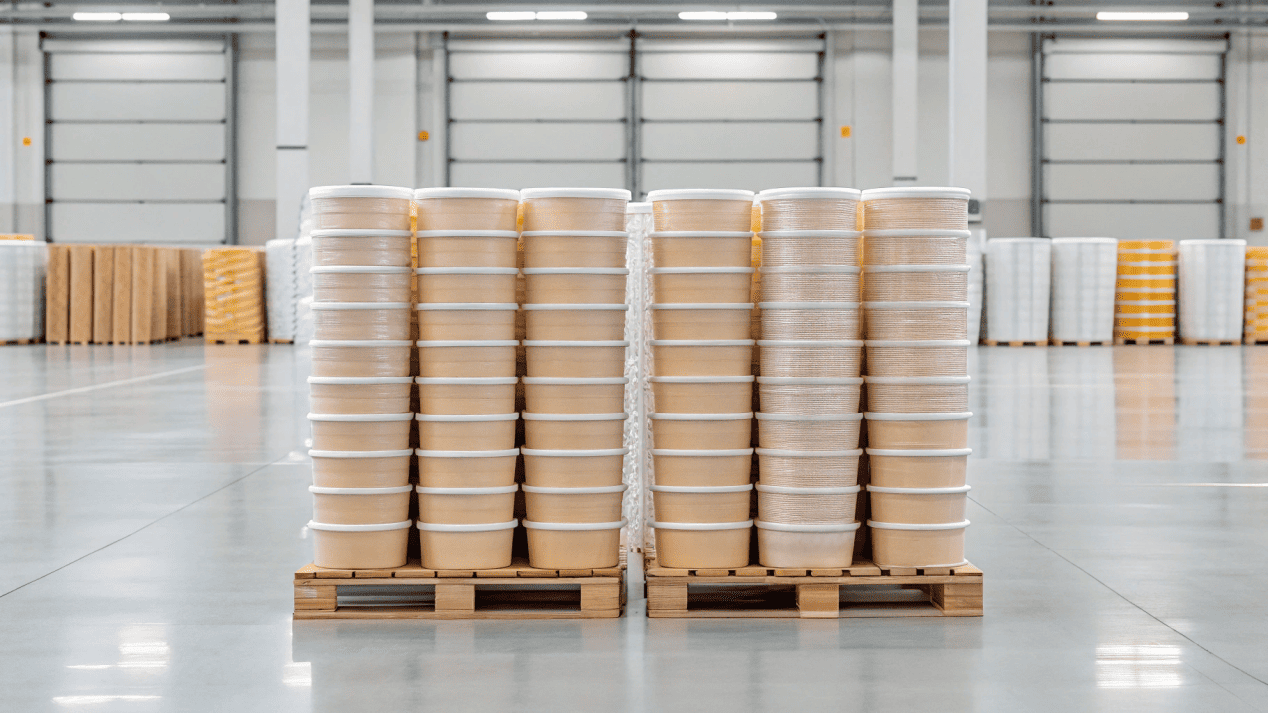
I've worked with large chains and distributors for over 15 years. The smartest ones don't just place orders; they build strategic partnerships. They understand that a bulk order is more than just cups; it's a critical part of their financial and operational plan. It’s the difference between constant worry and confident growth. Let's break down what you need to know to buy in bulk like an expert, starting with the foundation of it all: the supply chain.
How Can You Secure a Reliable Bulk Supply Chain?
You found a low price for a bulk order. But what if the huge shipment is late, or the quality is different from batch to batch? An unreliable supply is a huge risk.
Secure your supply by partnering with a manufacturer that controls the entire process. Verify their raw material sourcing, confirm they use dedicated high-speed production lines, and ask about proactive inventory management.
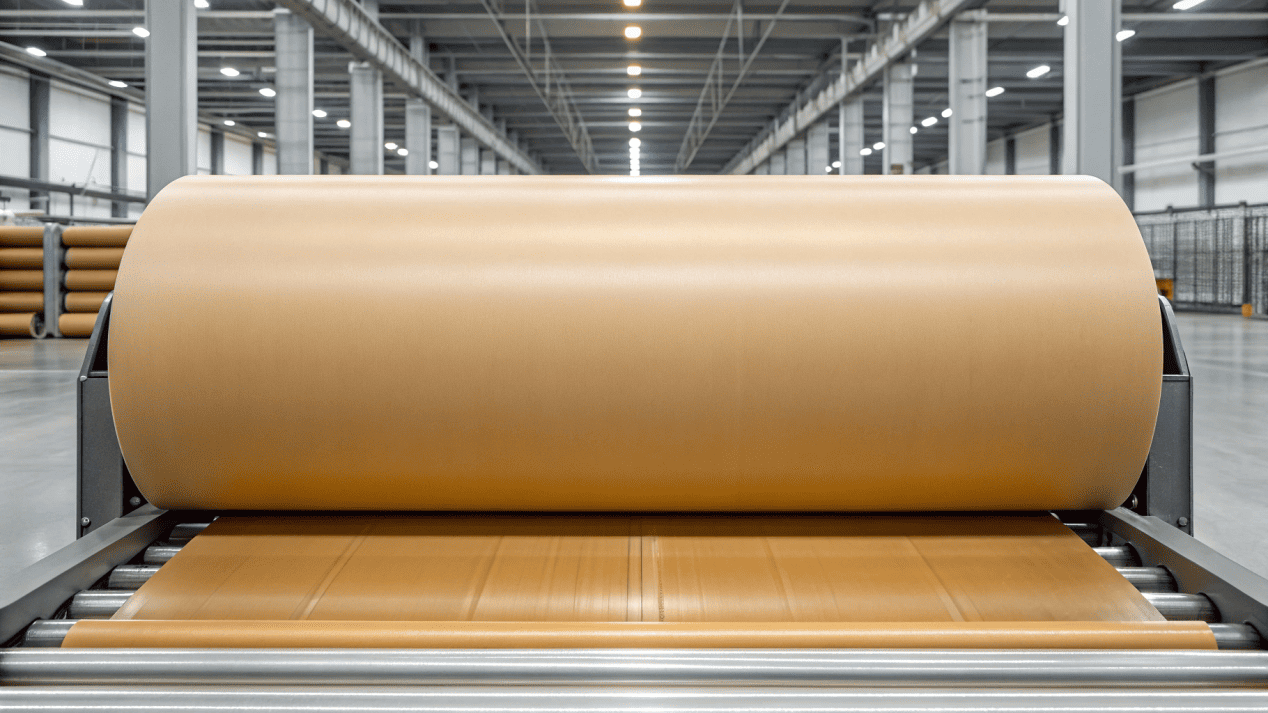
When you order hundreds of thousands of cups, you need certainty. I learned early on that certainty comes from control. That’s why a resilient supply chain starts at the very beginning, with the raw materials. We don't just buy any paper. We have long-term relationships with top paper mills to source FSC-certified, food-grade paperboard in massive volumes. This secures our supply and stabilizes costs, which benefits our clients. Next, large orders require special equipment. We don't run bulk orders on our standard machines. We use dedicated, high-speed lines that run continuously. This means fewer errors and much faster production to meet tight deadlines. For our biggest clients, we go one step further. We work with them to forecast their needs. This allows us to pre-purchase their raw materials and schedule production time far in advance, creating a seamless, predictable supply chain just for them.
Key Checks for a Strong Supply Chain
- Raw Material Sourcing: Do they have stable contracts with major mills for certified food-grade paper?
- Production Capacity: Do they have dedicated high-speed lines for bulk orders?
- Inventory Management: Can they work with your forecasts for proactive scheduling?
How Are Bulk Orders Packaged to Prevent Damage?
You're about to ship a whole container of cups across the ocean. You worry that a large portion will arrive crushed, dented, and unusable, wasting thousands of dollars.
Proper bulk packaging involves a multi-layer system. Cups are sealed in plastic sleeves, packed in reinforced 5-ply cartons, and then expertly palletized with stretch wrap, corner protectors, and strapping.
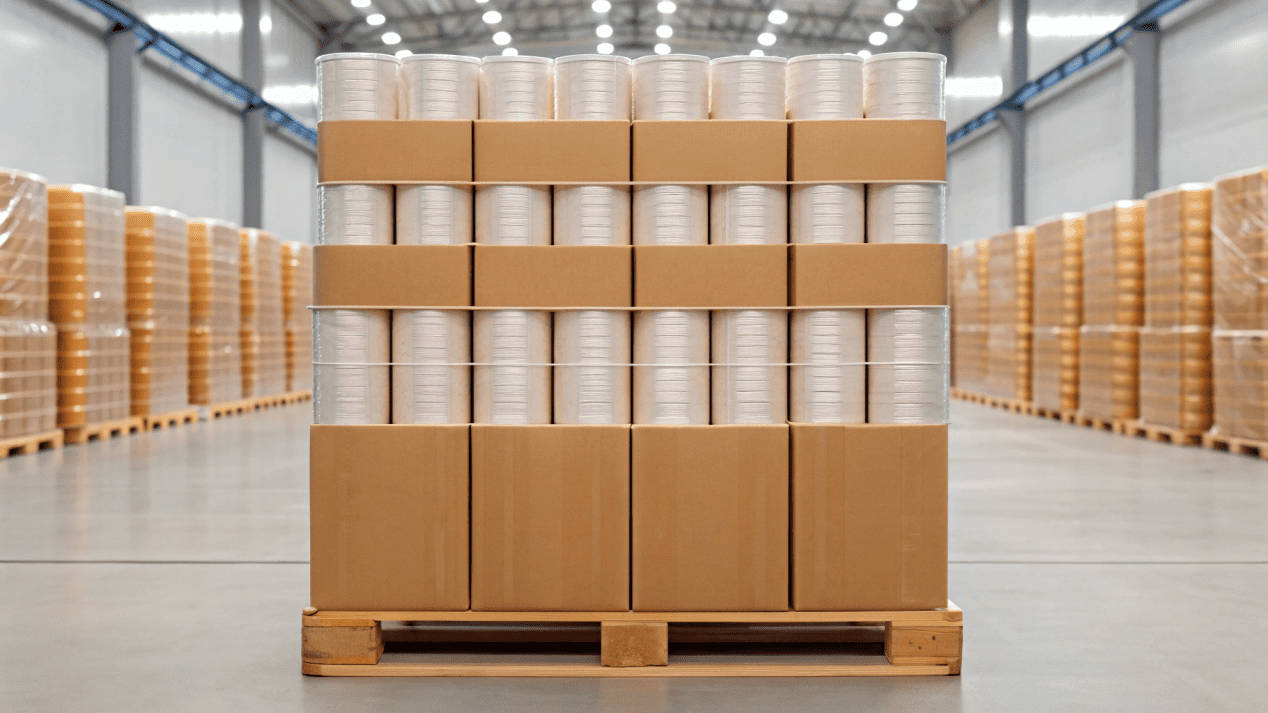
A crushed cup is a wasted unit. When you're shipping 500,000 cups, preventing damage is a science. I've perfected this process over the years to protect every single cup. First, we seal the cups in clean plastic sleeves, usually in bundles of 50. This keeps them hygienic and manageable. Then, these sleeves go into specially engineered cartons. These aren't standard boxes; they are heavy-duty, 5-ply corrugated export cartons designed to withstand the immense pressure of stacking. For any large sea freight shipment, the real magic is in the palletization. We expertly stack the cartons on a pallet, then tightly wrap the entire unit in layers of stretch film. We add hardboard edge protectors to the corners to prevent crushing from any side. Finally, we secure the entire block with high-tensile plastic straps. This creates a single, solid unit that is safe for forklifts and dramatically reduces the risk of damage during its long journey to you.
How Do You Calculate the True Cost Per Unit for Bulk Orders?
You know buying in bulk is cheaper, but you're not sure how much you can save. The final price seems complex, with hidden costs for printing, materials, and shipping.
Your cost per unit is mainly driven by order volume. The more you buy, the cheaper it gets. Other factors include print complexity, material choice (PE vs. PLA), and shipping terms.
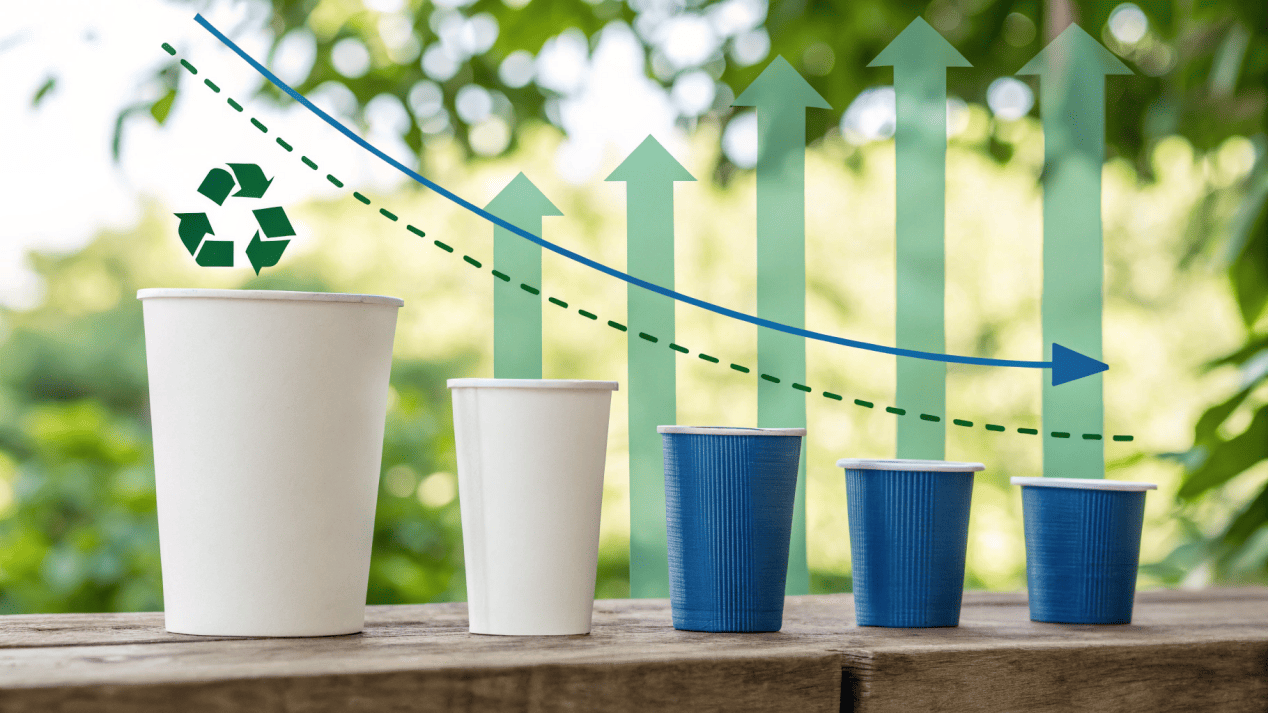
The best part of buying in bulk is the savings, and I want to be transparent about how it works. The number one factor is order volume. For every custom print job, we have fixed setup costs for making printing plates and calibrating the machines. If we spread that fixed cost over 300,000 cups instead of our minimum of 30,000, the setup cost for each cup becomes almost zero. We also buy our raw materials in huge quantities, so we get a better price, and we pass those savings on to you. The second factor is customization. A simple 1- or 2-color design is cheaper to produce than a full 6-color photo print. Likewise, a standard PE-lined cup is more economical than a specialty compostable PLA-lined cup. We can help you find the right balance for your brand and budget. Finally, there are the shipping terms. We provide clear quotes for terms like FOB or CIF so you know your final landed cost with no surprises.
Factors Determining Your Bulk Price
| Factor | Lower Cost Option | Higher Cost Option |
|---|---|---|
| Order Volume | High Volume (e.g., 300,000+) | Low Volume (e.g., 30,000) |
| Print Complexity | 1-2 Colors | 4-6 Colors / Photographic |
| Material | Standard PE-Lined Paper | Compostable PLA-Lined Paper |
Why Should You Avoid a Distributor for Bulk Orders?
You need to buy in bulk, so your first thought is to find a local distributor. But they have limited stock, high prices, and you can't get the custom design you want.
For bulk orders, buying direct from the manufacturer is always better. You get lower factory pricing, unlimited customization, direct communication with experts, and a more reliable supply chain.
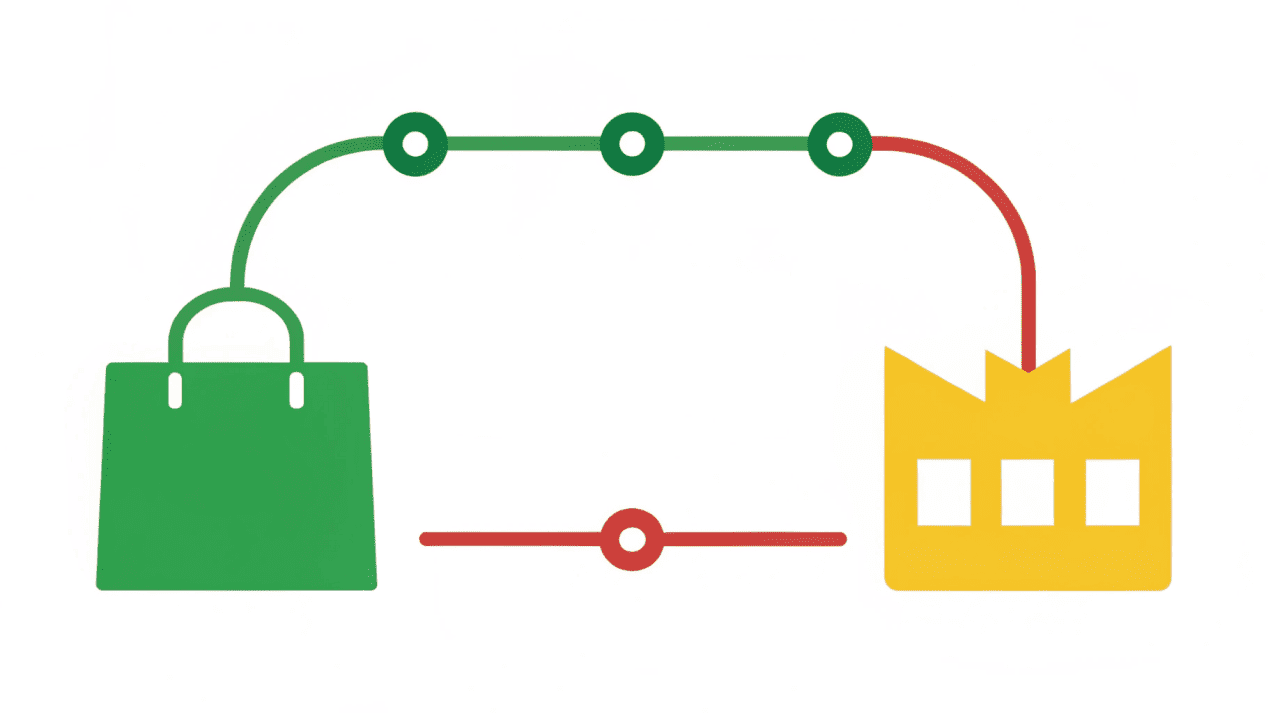
Many businesses start by looking for a "distributor list." I understand why, but for bulk purchasing, it's a very inefficient and costly strategy. A distributor is a middleman. They buy from a factory like mine, add their profit margin, and then sell to you. You are paying for that extra step. When you work directly with us, you get factory-direct pricing. A distributor also stocks only a few generic designs. They can't offer you the total freedom to create a cup that is 100% unique to your brand. With us, your customization options are unlimited. Furthermore, if you have a technical question for a distributor, they have to call the factory and relay the message back and forth. It's slow and frustrating. By partnering directly with the source, you speak right to our expert team. It’s faster, clearer, and you get better results. For any business serious about scaling up, buying direct is the only logical choice.
Conclusion
Mastering bulk purchasing means partnering directly with a manufacturer. This gives you supply chain control, lower costs, and complete branding freedom—the strategic advantages you need to grow your business.
